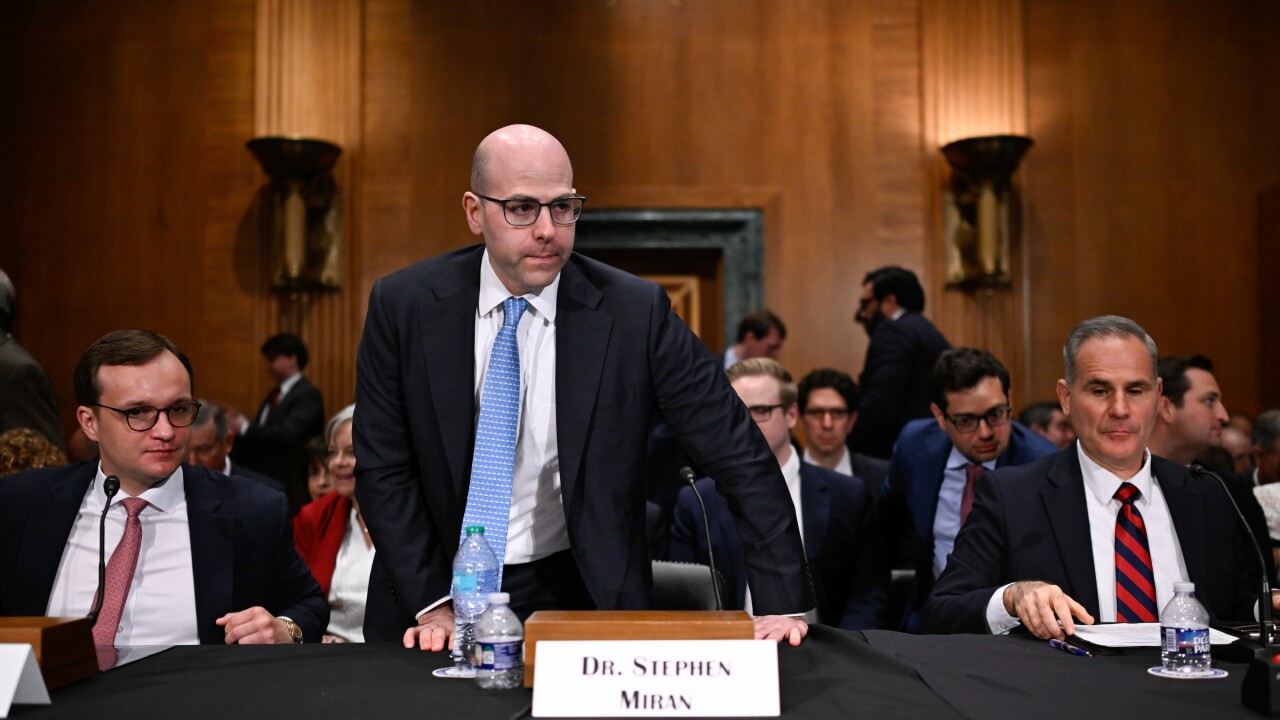The European synthetic market continues to be strong with a wide variety of derivative-linked products being offered to investors. One issue currently facing the market is the debate over the templates to be used for credit default swaps on asset-backed securities.
JP Morgan Securities said in a research report on the sector published in March that CDS of ABS represents a major development that will allow ABS players to take risks synthetically and also allow dealers to short the market and hedge existing positions. To date, ABS has primarily been a long-risk, cash-only market. In the past, the lack of standard documentation, a conservative rating agency approach to ABCDS settlement issues, and a lack of protection buyers for the product have stymied the development of a liquid single name market, said analysts at JP Morgan. However International Swaps & Derivatives Association standard documentation on a CDS template is slated to wrap up this month but opposition from the monolines threatens to stall developments.
The major point of contention is how the template defines credit events. "The monoline community has raised strong objection to the draft CDS template recently developed by the dealer community," said Neil Weidner, Partner and Head of Capital Markets at Cadwalader, Wickersham & Taft LLP. "They view the template as being drafted too much from the protection buyers' perspective. In response, the monolines are expected to develop their own template. This issue will be followed closely by the market throughout this year."
Credit events in these structures depend on the referenced collateral type and who the seller of protection is. Rating agencies may require different credit events and settlement mechanisms for cash settled contracts that are placed in a rated CDO. There may also be regional variations in credit event definitions and settlement procedures, driven in part by corresponding regional variations in the ABS cash market, explained JP Morgan analysts.
"Credit events in synthetic ABS transactions should, as far as possible, use the default definition used by our ABS surveillance groups," said analysts at Standard & Poor's in its report on the sector published in April. "Definitions may be taken from the ISDA credit derivatives definitions or from the equivalent contract under which the transaction is structured. Using these common definitions maintains consistency between ABS historical default rates and the expected likelihood that a credit event may be called. If broader definitions are used, other adjustments may need to be made to incorporate the potential for more frequent credit events in a given transaction."
Analysts at S&P explained that credit events have typically been sorted into four common categories: bankruptcy, failure to pay, loss or write-down, and ratings downgrade. The new ISDA template would allow for soft credit events such as a ratings downgrade. The monolines say they will not sell dealers protection on the structures using the documentation as it is drafted because it does not allow them to set out their own terms on these issues. "It will be a heated topic - the monolines and issuer community are taking very different views," said one market source.
(c) 2005 Asset Securitization Report and SourceMedia, Inc. All Rights Reserved.
http://www.asreport.com http://www.sourcemedia.com





